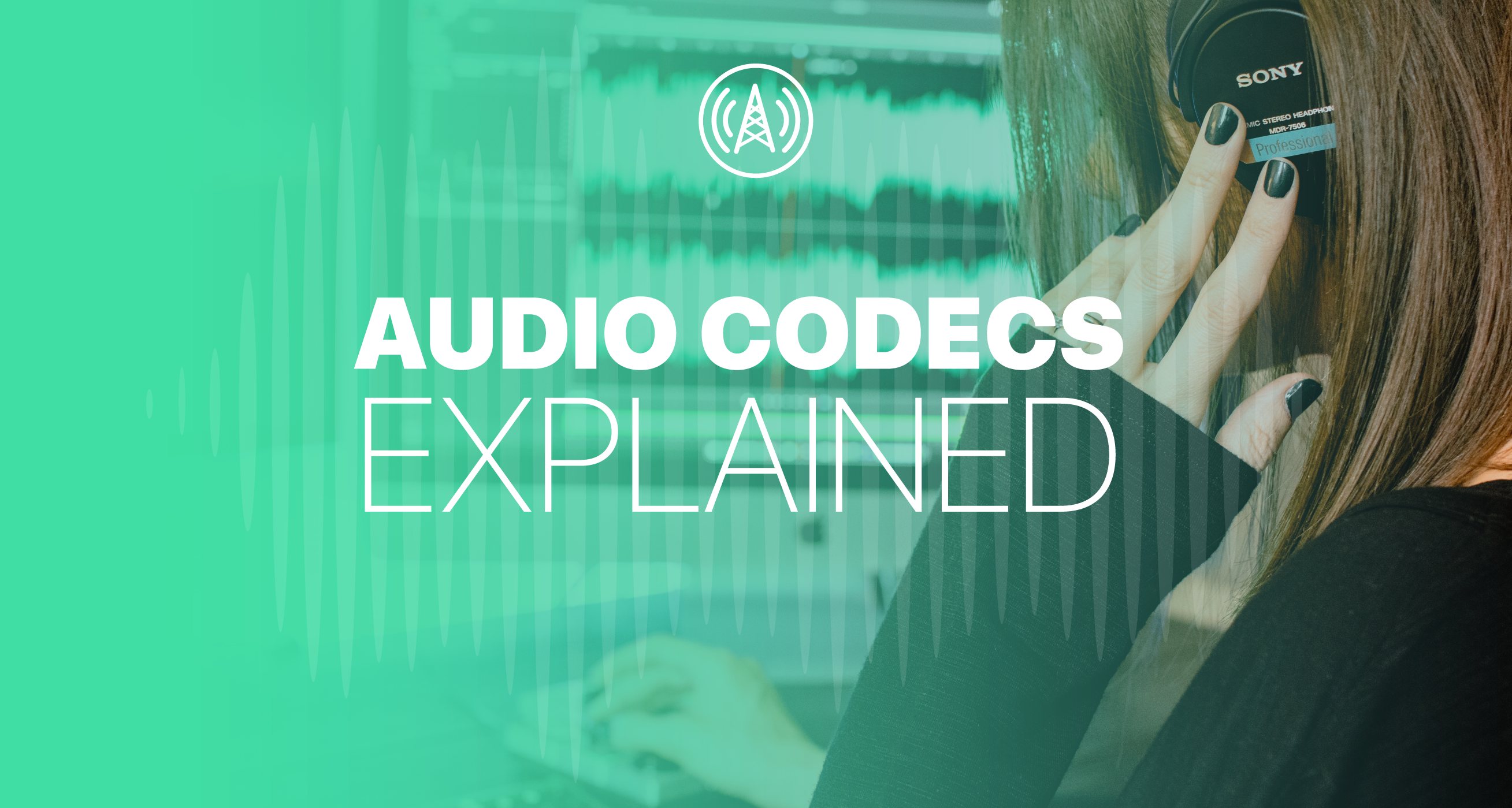AAC Streaming
Icecast-compatible AAC streaming audio hosting from our leading-edge CDN.
Trusted by stations globally.
Start your free trial with a $20 credit for 7 days
Broadcast AAC and AAC+ streaming audio online
Our Icecast-compatible global streaming network offers industry-leading reliability and compatibility with AAC codecs, delivering the highest quality audio to your listeners.
Radio Mast provides a complete ecosystem for online AAC streaming
 Streaming AAC Encoder
Streaming AAC Encoder
Our streaming audio encoder, Rocket Broadcaster, provides rock solid AAC, AAC+, and HE-AAC v1 audio, is used by thousands of radio stations globally. Turn any live audio into an AAC stream with Rocket Broadcaster.
 AAC Stream Hosting
AAC Stream Hosting
Radio Mast provides AAC stream hosting for radio and live events. Our unique streaming network globally distributes your stream to provide reduce dropouts and provide a stutter-free experience for your listeners.
 AAC Stream Monitoring
AAC Stream Monitoring
Get instant downtime alerts when your stream is down. Let our silence detector notify your engineering staff when your AAC stream is down.
Advantages of AAC over MP3 Streaming
AAC offers superior sound quality at lower bitrates, which both lowers delivery costs and improves audio quality for your listeners. AAC is compatible with all modern Android and iOS devices, smart speakers, smart TVs, and other devices. AAC can give your radio station an edge with superior sound quality.

What are AAC+ and HE-AAC?
High-Efficiency AAC (HE-AAC) is an extension to the AAC codec, which further optimizes the codec for low-bitrate streaming (less than 128 kbps). Low bitrate streams are more reliable on mobile devices as mobile network bandwidth can vary significantly depending on cellular coverage. HE-AAC v1 provides improved sound quality at lower bitrates by removing high frequencies during encoding, and then resynthesizing these during playback using a technique called Spectral Band Replication (SBR).
HE-AAC v2 (AAC+) adds another optimization for low bitrates called "Parametric Stereo", which encodes the audio as a single mono channel, which is used to synthesize a stereo signal. The result is that convincing stereo audio is achieved at much lower bitrates than were previously possible, although with lower reproduction accuracy. This tradeoff makes AAC+ an excellent choice for streaming radio.
Learn more:
Streaming Audio Codecs Explained
Is AAC the best codec for online streaming? Find out how AAC compares to other codecs...
Flexible Pricing
 Streaming
Streaming
$35
per month
- 400 listener slots
- Up to 192 kbps quality
- Instant setup
- Scale up in seconds
 Monitoring
Monitoring
$10
per month
- Silence Detection
- Email alerts
- Unlimited Alert Contacts
 Analytics
Analytics
$10
per month
- Geographic Breakdowns
- Performance Reports for Licensing
- Listener Device Insights
Best-in-class Compatibility
- Stream as AAC, AAC+, HE-AAC v1, MP3, Opus, Ogg Vorbis
- Secure HTTPS streaming - No broken lock symbols
- Playback on iOS, Android, desktop browsers, smart speakers, and more.
Superior Reliability
- 99.99% Uptime SLA
- HLS for a better mobile listening experience
- Distribution through our Global Streaming Audio Network
- Redundant servers with automatic failover
Radio Dashboard
- Listener Statistics
- Free embeddable player widget for your website
- Manage multiple streams easily
- Team management and collaborators

